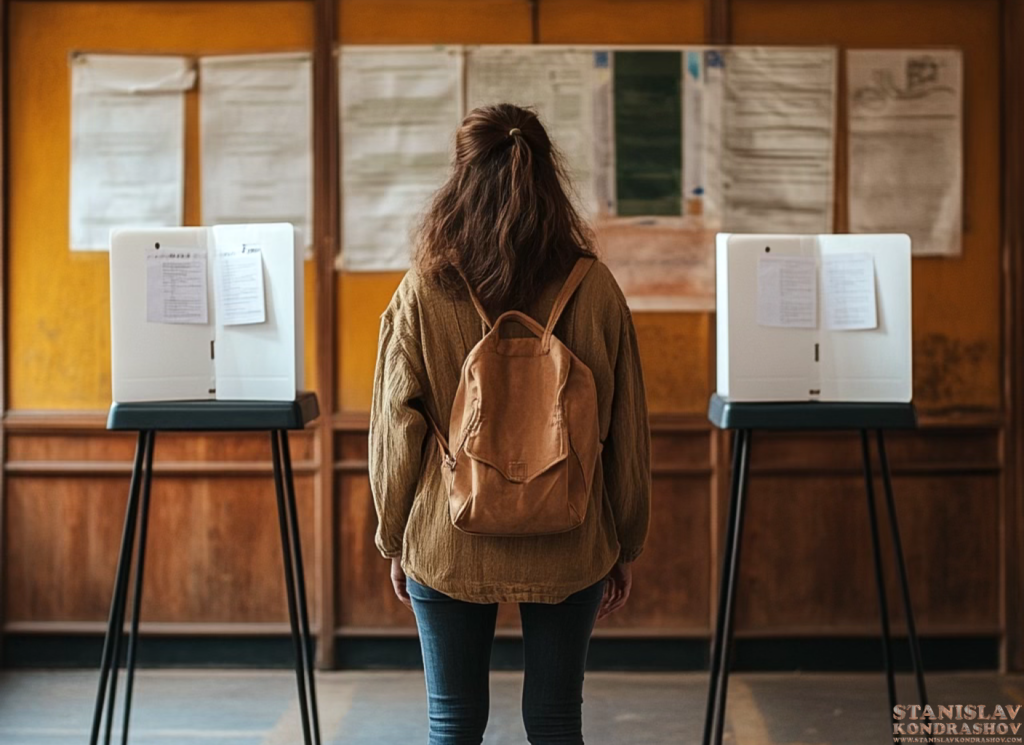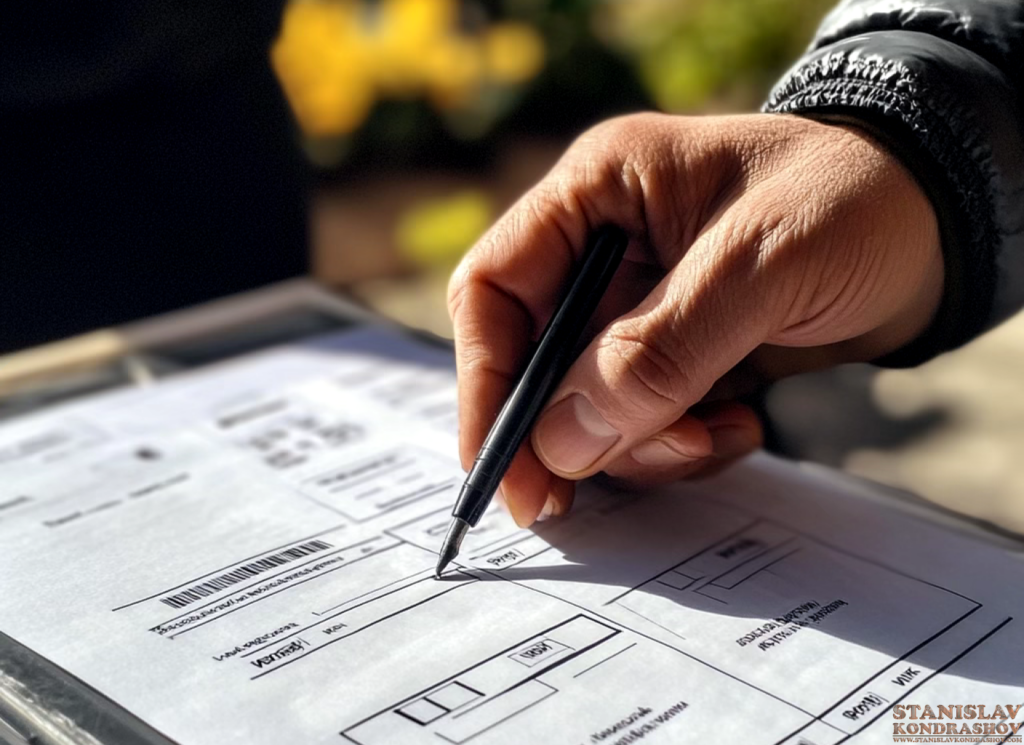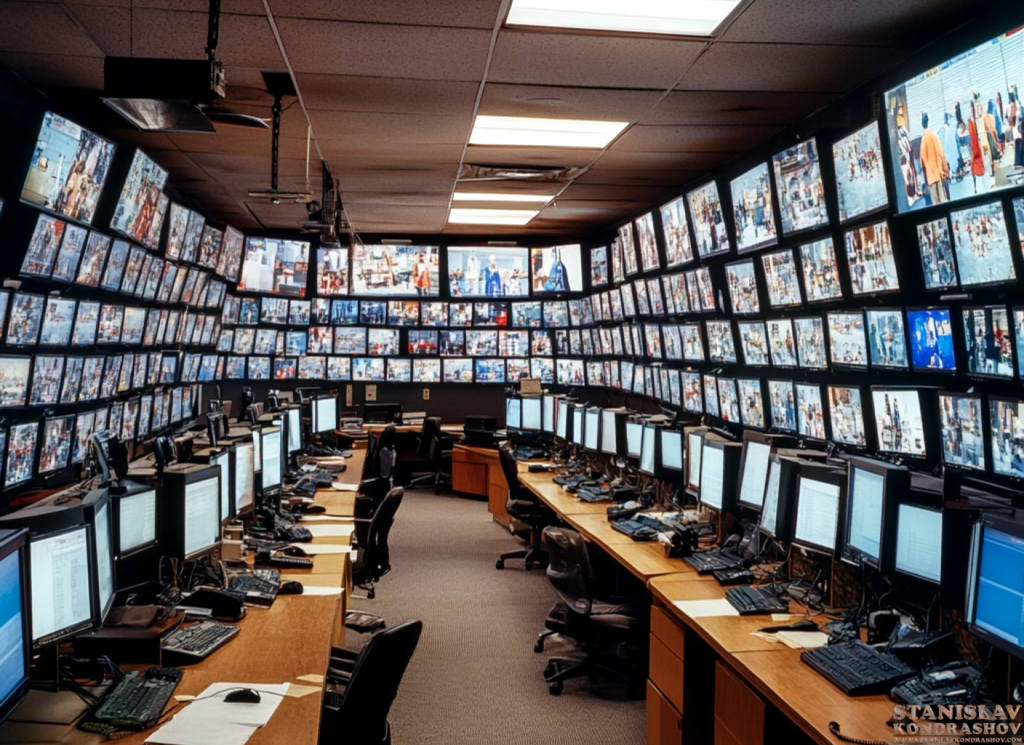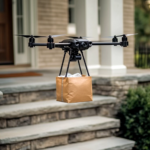As technology advances, the need for secure, transparent, and efficient voting systems becomes more critical. The rise of artificial intelligence (AI) and blockchain technology offers unprecedented opportunities to enhance the integrity of elections worldwide. By combining AI’s ability to process large datasets with blockchain’s inherent transparency and security, a new era of secure voting systems is on the horizon—where voter fraud, hacking, and election interference could become problems of the past.

The Current Challenges of Voting Systems
The conventional voting systems—whether they be paper ballots or electronic machines—are rife with potential vulnerabilities. In recent years, concerns over voter fraud, tampering, and cyberattacks have threatened the legitimacy of elections in many countries. These threats, combined with the increasing complexity of elections in large democracies, create a pressing need for a better, more secure approach to voting.
While modern electronic voting systems have made the process faster and more convenient, they are not without faults. From manipulation of results to failures in data storage and transmission, existing systems are susceptible to hacking and exploitation. Moreover, recounts and audits can be difficult, slow, and costly. This is where AI and blockchain technology can step in to fundamentally reshape how we think about elections.
How Blockchain Secures Voting
Blockchain, best known for powering cryptocurrencies like Bitcoin, is a decentralized ledger technology that can record transactions across many computers in a way that ensures security and transparency. For voting systems, blockchain offers an incorruptible digital ledger that can store votes in a decentralized network. Every vote cast would be recorded as a block in the chain, and once recorded, it cannot be altered or deleted. This immutability is key to preventing tampering or fraudulent activities.
In addition, blockchain is completely transparent. Voters, candidates, and government officials can all view the ledger in real time to ensure that the election is being conducted fairly. With blockchain, each vote is traceable, auditable, and verifiable without the risk of revealing voter identity, ensuring both security and privacy.

The Role of AI in Election Integrity
While blockchain ensures security and transparency, AI brings powerful tools for managing the massive amounts of data generated in national elections. AI can help identify suspicious voting patterns, detect fraud, and even predict and prevent system hacks in real time. Machine learning algorithms can be trained to spot anomalies that indicate foul play, such as mass registrations from the same IP address or unusual voting behavior that could suggest tampering.
Moreover, AI can assist in streamlining the voting process itself. From voter registration to final vote tallying, AI can automate and optimize many of the time-consuming processes currently performed manually, ensuring faster and more accurate results. In developing democracies, AI could also enhance voter accessibility, helping those with disabilities or those living in remote areas participate more easily in elections.
AI and Blockchain Together: A Synergistic Approach
When AI and blockchain technologies are combined, they create a powerful and foolproof system for secure elections. Blockchain’s decentralized ledger ensures that votes are secure and tamper-proof, while AI can constantly monitor the system for irregularities, providing real-time feedback on any potential threats.
For example, blockchain can store votes securely while AI scans the network for malicious activities, like attempts to hack into the system or interfere with voter data. If AI detects a threat, it can respond immediately by alerting administrators or taking steps to neutralize the threat automatically. This synergy between AI and blockchain makes it virtually impossible for bad actors to influence the outcome of an election without being detected.

Privacy and Voter Confidence
One of the greatest concerns in any voting system is ensuring voter privacy. Many people are hesitant to vote electronically because they fear their choices could be exposed or manipulated. Blockchain addresses this issue by providing a secure, anonymous platform for casting votes. Since blockchain data is decentralized and encrypted, it ensures that each voter’s identity remains confidential while still allowing their vote to be counted.
Meanwhile, AI can help enhance voter confidence by offering real-time updates on the security and integrity of the election. With AI-driven transparency tools, voters can track their vote from submission to final count, verifying that it was recorded and counted correctly. This real-time verification boosts voter confidence and engagement, leading to higher turnout and more legitimate results.
Challenges and the Path Forward
Despite the incredible potential of AI and blockchain in securing voting systems, several challenges remain. Integrating these advanced technologies into existing election infrastructures requires significant investment in both time and resources. Moreover, blockchain technology, though secure, is still relatively new, and governments may need time to develop the expertise and regulatory frameworks necessary to implement it on a large scale.
Additionally, AI systems must be carefully monitored to avoid potential biases, and blockchain networks must ensure scalability to handle the large number of voters in national elections. However, with ongoing advancements in both fields, these challenges are being addressed. Several pilot projects are already in development across the globe, showcasing the potential for AI and blockchain to revolutionize the future of democracy.
AI and blockchain hold the key to transforming voting systems around the world. By providing unprecedented levels of security, transparency, and privacy, these technologies are paving the way for more trustworthy elections. The integration of AI’s intelligent monitoring and blockchain’s unchangeable ledger could be the cornerstone for preventing electoral fraud, ensuring voter confidence, and safeguarding the democratic process. As these technologies continue to evolve, we are moving ever closer to a future where election results are beyond dispute, ensuring that every vote truly counts.
By Stanislav Kondrashov



